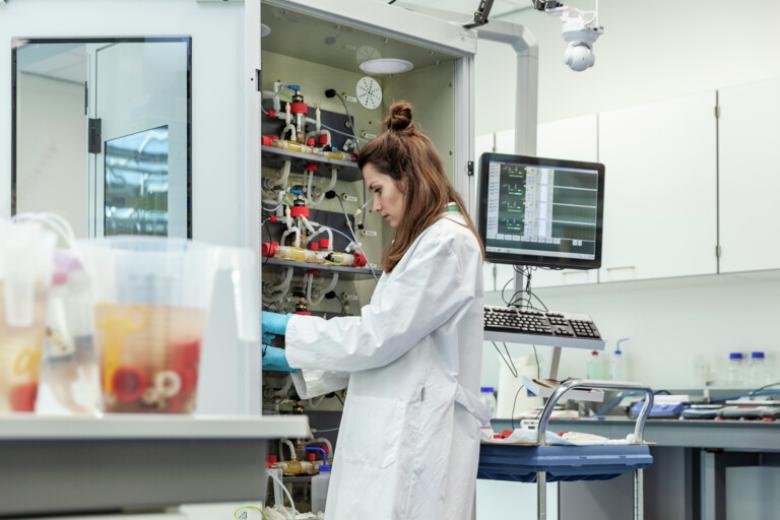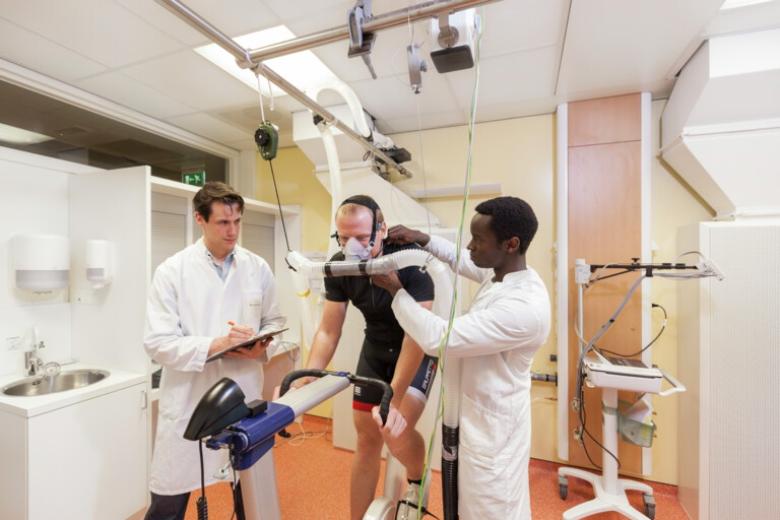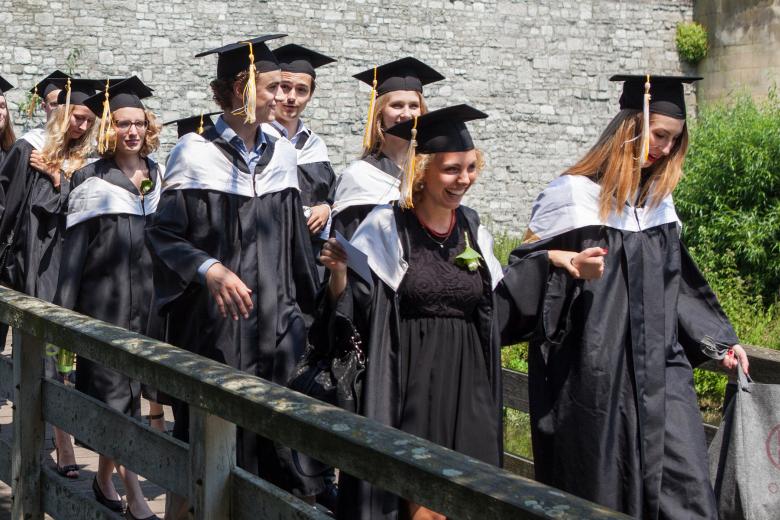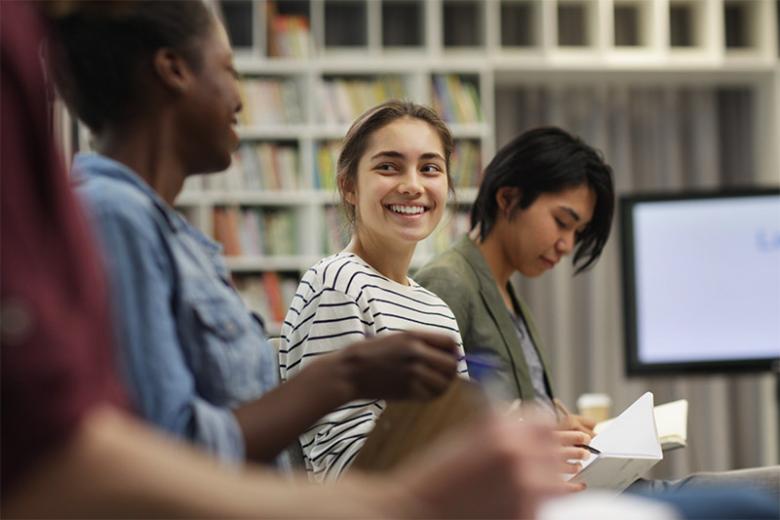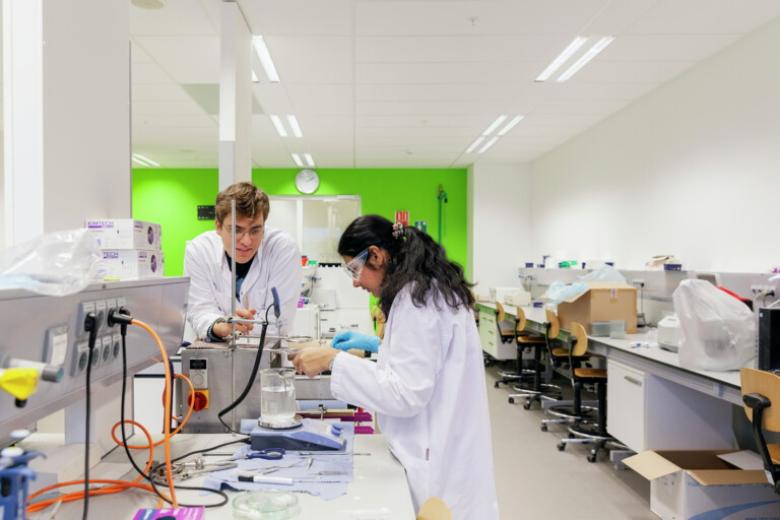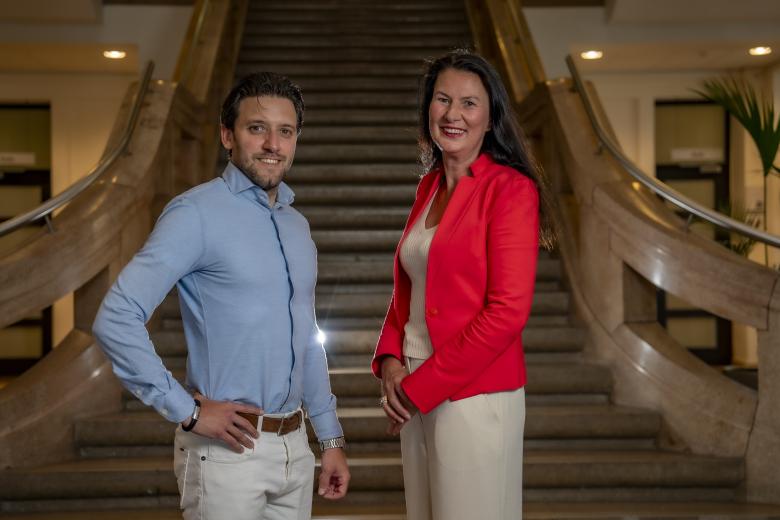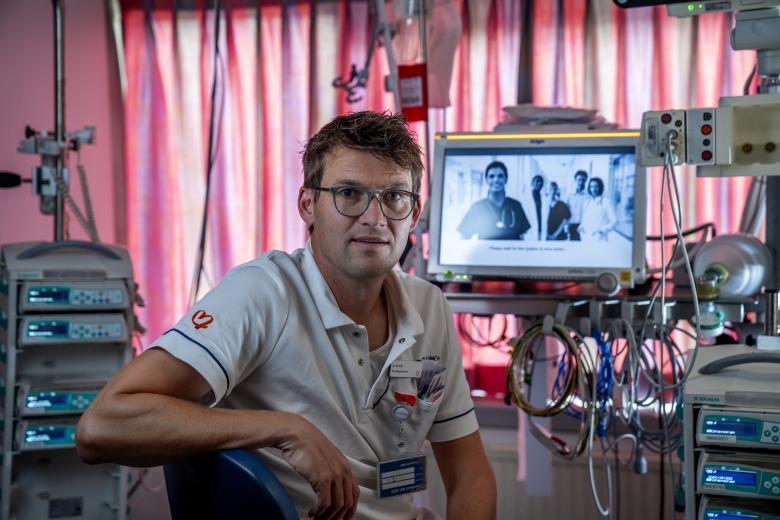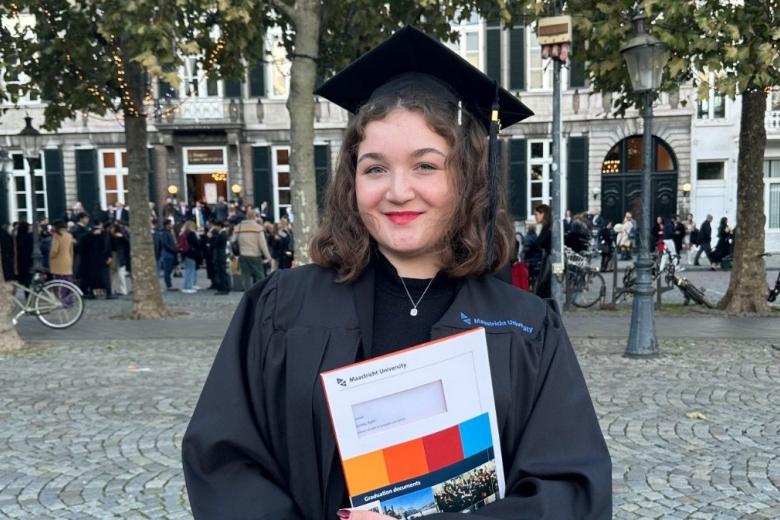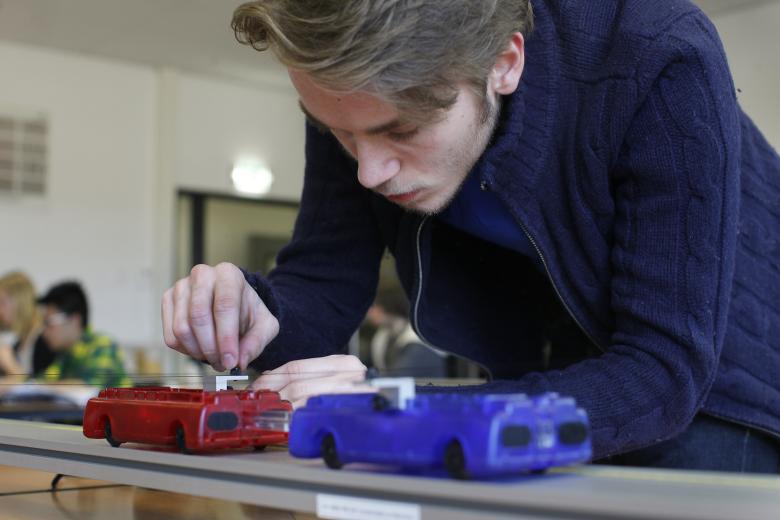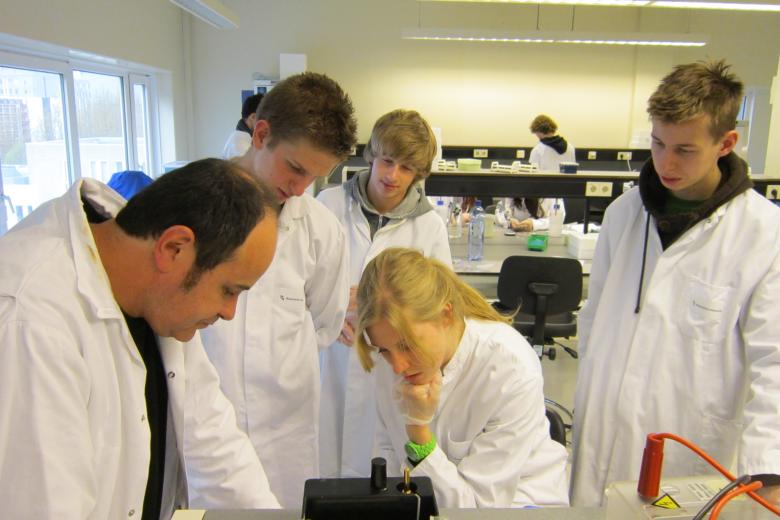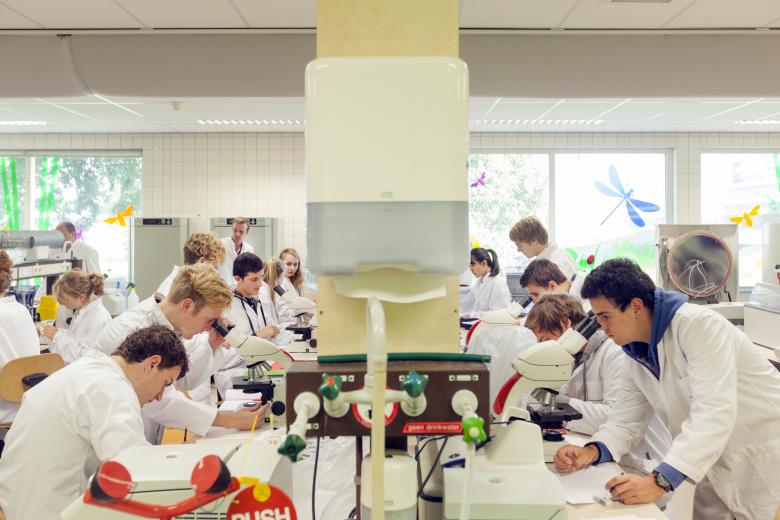Natural Sciences publications
Aromatic thermotropic polyesters based on 2,5-furandicarboxylic acid and vanillic acid. Polymer, 55(10), 2432-2439. Wilsens, C.H.R.M., Noordover, B.A.J. & Rastogi, S. (2014).
Thermotropic polyesters from 2,5-furandicarboxylic acid and vanillic acid : synthesis, thermal properties, melt behavior, and mechanical performance. Macromolecules, 47(10), 3306-3316. Wilsens, C.H.R.M., Verhoeven, J.M.G.A., Noordover, B.A.J., Hansen, M.R., Auhl, D. & Rastogi, S. (2014).
Influence of the 2,5-furandicarboxamide moiety on hydrogen bonding in aliphatic−aromatic poly(ester amide)s. Macromolecules, 2014, 47 (18), pp 6196–6206.Wilsens, C.H.R.M., Desmukh, Y.S., Noordover, B.A.J. & Rastogi, S. (2014).
Vascular endothelial growth factor‐loaded injectable hydrogel enhances plasticity in the injured spinal cord. Journal of Biomedical Materials Research A 2014,102, 2345-55. Des Rieux, A; De Berdt P, Ansorena E, Ucakar B, Damien J, Schakman O, Audouard E, Bouzin C, Auhl D, Simón-Yarza T, Feron O, Blanco-Prieto MJ, Carmeliet P, Bailly C, Clotman F, Préat V.
Adsorption of albumin on flax fibers increases endothelial cell adhesion and blood compatibility in vitro. Michel SA, Knetsch ML, Koole LH. J Biomater Sci Polym Ed. 2014;25(7):698-712.
Superior in vivo compatibility of hydrophilic polymer coated prosthetic vascular grafts. Strang AC, Knetsch ML, Idu MM, Bisoendial RJ, Kramer G, Speijer D, Koole LH, Stroes ES, Rotmans JI. J Vasc Access. 2014 Mar-Apr;15(2):95-101
Utilization of flax fibers for biomedical applications. Michel SA, Vogels RR, Bouvy ND, Knetsch ML, van den Akker NM, Gijbels MJ, van der Marel C, Vermeersch J, Molin DG, Koole LH. J Biomed Mater Res B Appl Biomater. 2014 Apr;102(3):477-87.
A nontoxic additive to introduce x-ray contrast into poly(lactic acid). Implications for transient medical implants such as bioresorbable coronary vascular scaffolds.Wang Y, van den Akker NM, Molin DG, Gagliardi M, van der Marel C, Lutz M, Knetsch ML, Koole LH. Adv Healthc Mater. 2014 Feb;3(2):290-9.
Metabolism of β-valine via a CoA-dependent ammonia lyase pathway Applied Microbiology and Biotechnology (2015), Ahead of Print. Publisher: (Springer, ) CODEN:AMBIDG ISSN:0175-7598
Laccase functionalization of flax and coconut fibers
Polymers (Basel, Switzerland) (2014), 6, (6), 1676-1684, 9 pp. Publisher: (MDPI AG, ) CODEN:POLYCK ISSN:2073-4360
Technology publications
Unique Rheological Response of Ultrahigh Molecular Weight Polyethylenes in the Presence of Reduced Graphene Oxide; Macromolecules, Article ASAP; DOI: 10.1021/ma501729y. Kangsheng Liu, Sara Ronca, Efren Andablo-Reyes, Giuseppe Forte, Sanjay Rastogi;
Macromolecular Rapid Communications, 11 DEC 2014; DOI: 10.1002/marc.201400514A Hemi-metallocene Chromium Catalyst with Trimethylaluminum-Free Methylaluminoxane for the Synthesis of Disentangled Ultra-High Molecular Weight Polyethylene; Dario Romano, Sara Ronca, Sanjay Rastogi.
Influence of Polymerization Conditions on Melting Kinetics of LowEntangled UHMWPE and Its Implications on Mechanical Properties; Macromolecules 2014; 47 (14), 4750-4760Dario Romano, Niek Tops, Efren Andablo-Reyes, Sara Ronca, Sanjay Rastogi.
13C solid state NMR characterization of structure and orientation development in the narrow and broad molar mass disentangled UHWMPE; Macromolecules 2014; 47 (4), 1371-1382.Y Yao, S. Jiang, S. Rastogi;
Reactive compatibilization of PLA/TPU blends with a diisocyanate , Journal of Applied Polymer Science, 2014; 131 (10).SK Dogan, EA Reyes, S Rastogi, G Ozkoc.
Stress-relaxation in disentangled UHMWPE; Journal or Rheology (2014), 1981 EA Andablo‐Reyes, Ele de Boer, D Romano, S Rastogi;
Numerical prediction of nonlinear rheology of branched polymer melts. Journal of Rheology 2014, 56, 823-873. Das, C.; Read, D.J.; Auhl, D.; Kapnistos, M.; den Doelder, J.; Vittorias, V.; McLeish, T.C.B.
Thermotropic Polyesters from 2, 5-Furandicarboxylic Acid and Vanillic Acid: Synthesis. Thermal Properties, Melt Behavior, and Mechanical Performance. Macromolecules 2014, 47, 3306–3316.Wilsens, C.H.R.; Verhoven, J.M.G.; Noordover, B.A.J.; Hansen, M.R.; Auhl, D.; Rastogi, S.
Large amplitude oscillatory shear and Fourier transform rheology analysis of branched polymer melts. Journal of Rheology 2014, 58, 969-997. Hoyle, D.; Auhl, D.; Harlen, O.; Barroso, V., Wilhelm, W.; McLeish, T.
Guidelines for checking performance and verifying accuracy of rotational rheometers: viscosity measurements in steady and oscillatory shear (IUPAC Technical Report). Pure and Applied Chemistry 2014, 86, 1945-1968Laun, M.; Auhl, D.; Brummer, R.; Dijkstra, D.J.; Gabriel, C.; Mangnus, M.A.; Rüllmann, M.; Zoetelief, W.; Handge, U.A.
Influence of the 2, 5-Furandicarboxamide Moiety on Hydrogen Bonding in Aliphatic–Aromatic Poly (ester amide) s. CHRM Wilsens, YS Deshmukh, BAJ Noordover, S Rastogi. Macromolecules 47 (18), 6196-6206.
Recent advances in chemical modifications of graphene. SP Lonkar, YS Deshmukh, AA Abdala Nano Research, 1-36.

